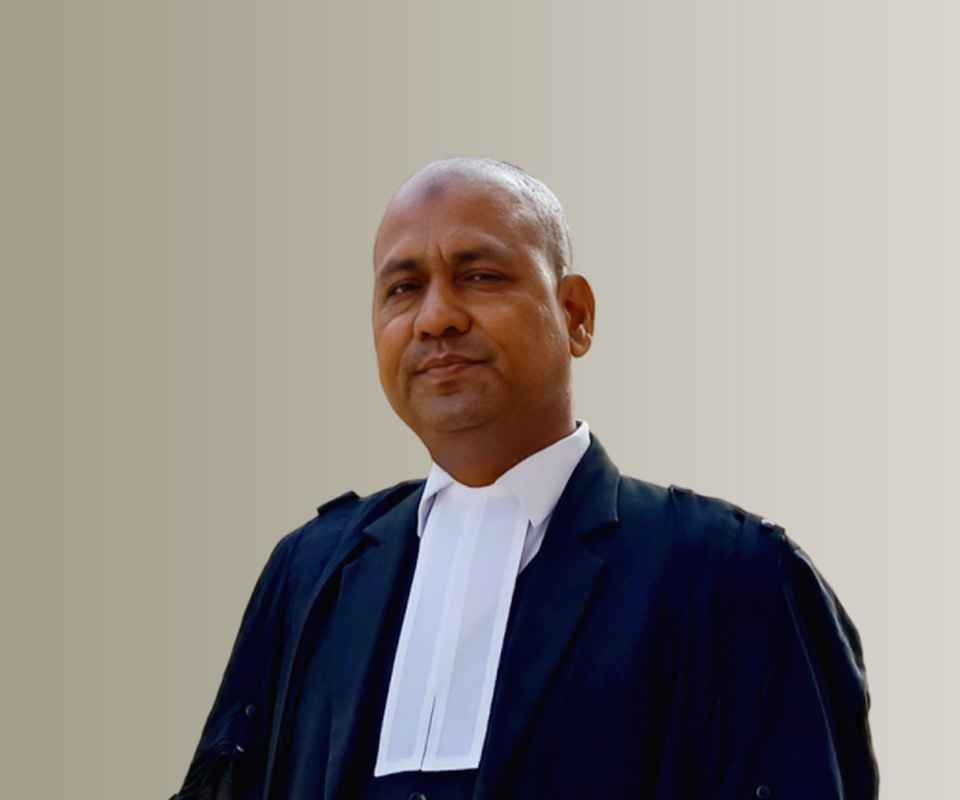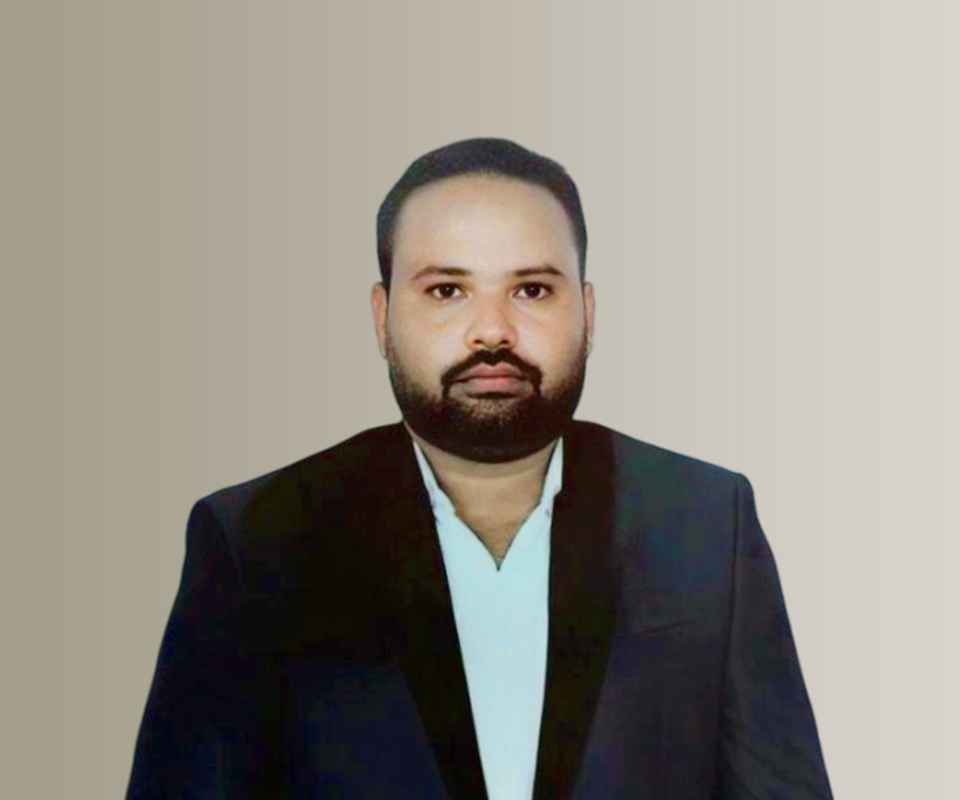Answer By law4u team
In joint custody arrangements, both parents often seek equal involvement in their child's healthcare decisions. One important aspect of this involvement is access to the child’s healthcare records. Generally, both parents have the right to be informed about the child’s health status and medical decisions, but legal frameworks like HIPAA (Health Insurance Portability and Accountability Act) in the U.S. protect the privacy of the child’s medical records. Whether one parent can demand equal access to healthcare records depends on the specifics of the custody arrangement and any relevant legal or court orders.
Parental Rights Regarding Healthcare Records:
Equal Rights in Joint Custody
When parents share joint legal custody, they generally have equal rights to access healthcare records and make medical decisions on behalf of their child. However, this assumes that the custody agreement or court order grants both parents the right to be involved in healthcare decisions.
Right to Information:
In joint custody, both parents are typically entitled to receive information about the child’s health, including medical history, treatment plans, and emergency care.
Decision-Making Authority:
The right to access healthcare records is usually tied to the parents’ authority to make medical decisions for the child. If one parent has sole legal custody, they may have exclusive rights to access healthcare records.
Legal Frameworks and Healthcare Privacy
While parents may have legal rights to access their child’s healthcare records, these rights are limited by laws like HIPAA, which protect the confidentiality of medical records. In general, healthcare providers must obtain the child’s parent or guardian's consent before sharing records, but HIPAA also allows parents to access their child’s healthcare information unless there is a court order that limits this access.
Child’s Privacy Rights:
If the child is older or has reached a certain age (varies by jurisdiction), some medical records may be protected under additional privacy rules. For example, in the U.S., children aged 12 and above may have the right to confidentiality regarding certain health issues (e.g., mental health or reproductive care).
Exceptions to Parental Access:
In cases where one parent has been legally restricted from making medical decisions (e.g., due to abuse or neglect), their access to healthcare records might be limited.
Conflict in Access to Healthcare Records
Disputes over healthcare access can arise, especially in high-conflict custody cases. In such situations, the court may intervene to determine which parent can access the child’s healthcare information, especially if one parent is suspected of using medical records to undermine the other parent’s role or if there is concern about the child’s safety.
Court-Ordered Restrictions:
If a court determines that one parent should not have access to healthcare records (e.g., due to a history of abuse or if there are concerns about parental interference), it may issue an order restricting access. For instance, a court might determine that one parent can only access records through the child’s doctor or a mediator.
Mediation or Special Orders:
In cases of disagreement, a judge may order that parents work through a mediator to resolve disputes over healthcare access or direct that information be provided in a manner that prevents conflict.
Consideration of the Child’s Best Interest
Courts typically prioritize the child’s best interest when deciding disputes regarding healthcare access. Factors considered may include:
- Medical Necessity: If the child is receiving critical or ongoing medical treatment, both parents may have a legitimate need for information about the child’s condition to ensure continuity of care.
- Co-Parenting Dynamics: Courts will also consider the ability of both parents to cooperate and communicate regarding medical issues. If one parent has a history of interfering with the child’s medical care, this may affect their right to access records.
Access in Sole Custody Situations
In cases of sole custody, the custodial parent typically has the exclusive right to access healthcare records and make medical decisions. However, the non-custodial parent may still have the right to be informed about major medical issues, depending on the terms of the custody agreement or court order.
Visitation or Parental Rights to Be Informed:
Even if one parent has sole custody, the non-custodial parent may still be entitled to receive updates on major health issues, such as surgery, hospitalization, or chronic conditions. However, this does not automatically grant them full access to the child’s healthcare records.
Circumstances Where One Parent’s Access May Be Restricted:
Parental Rights Limitations
If a parent has been legally restricted from making healthcare decisions for the child (due to abuse, neglect, or a history of poor decision-making), their access to medical records may be limited or entirely revoked. This may occur in situations where:
- Protecting the Child’s Safety: If there are concerns that a parent may harm the child through decisions about medical treatment, the court may issue an order limiting their access to healthcare records.
- History of Manipulation or Interference: In cases where one parent has repeatedly used medical information to manipulate or undermine the other parent, the court may impose restrictions to prevent further harm.
Child’s Wishes (In Some Jurisdictions)
In certain situations, if the child is of a certain age and maturity (often around 12 or older), they may be able to request that specific medical records be kept confidential from one or both parents. For instance, sensitive health issues like counseling or reproductive health might be treated with more privacy protections in some jurisdictions.
Privacy Concerns and Confidentiality
Medical professionals are generally required to maintain confidentiality and will not release a child’s healthcare records without parental consent unless required by law or court order. In some cases, especially with sensitive medical issues, a healthcare provider may withhold specific information if they believe it could harm the child’s well-being if disclosed.
Example:
Scenario:
Liam’s parents, Anna and Brian, share joint legal custody, and both are involved in making decisions about his healthcare. However, Anna notices that Brian is not keeping up with Liam’s medical appointments and is neglecting to inform her of important health updates. Anna becomes concerned and requests access to Liam’s full medical records from his pediatrician.
Steps Taken:
- Anna formally requests the medical records under their joint custody agreement, asserting that she has a right to be fully informed about Liam’s health.
- Brian objects, stating that Anna is using the records to undermine his parental role and overstep boundaries.
- The court reviews the situation and, recognizing that both parents have joint legal custody, orders the pediatrician to provide copies of medical records to both parents. However, the court also imposes guidelines to ensure the records are used cooperatively.
Outcome:
The court reaffirms both parents’ right to access healthcare records but cautions against using medical information to create conflict. The pediatrician provides the records directly to both parents and ensures that communication about Liam’s health is transparent and respectful.
Conclusion:
In most cases of joint legal custody, both parents have the right to access their child’s healthcare records, although this is subject to legal constraints regarding privacy, confidentiality, and the child’s well-being. Courts prioritize the best interests of the child and aim to ensure that both parents are informed and involved in medical decisions. However, restrictions may be placed on access if there are concerns about one parent’s ability to act in the child’s best interests, or if there are issues of safety or manipulation.







